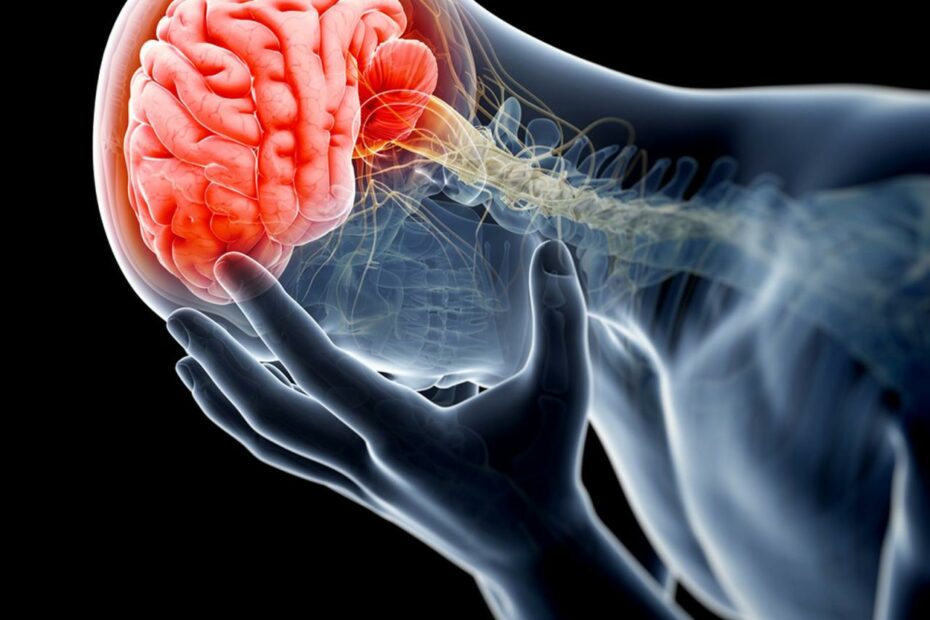Can A Head Injury Trigger Unusual Behavior?
Why Does A Brain Injury Cause Behavioral Changes?
Keywords searched by users: Can a head injury cause bad behavior childlike behavior after brain injury, brain injury inappropriate behaviour, brain injury aggression treatment, aggressive behaviour after head injury, traumatic brain injury effects years later, there is a correlation between head trauma and violent behavior. true or false, how does traumatic brain injury affect behavior, angry after hitting head
Can A Head Injury Affect Your Behavior?
Can head injuries lead to changes in behavior? Yes, head injuries can indeed influence behavior, with the extent of impact closely tied to the specific brain areas affected. These behavioral changes typically arise due to damage inflicted upon regions in the brain responsible for regulating emotions and impulses. Among the potential alterations in behavior that can result from such injuries are difficulties in managing impulses, diminished self-awareness, heightened anger, impulsive actions, increased self-centeredness, and, in more severe cases, tendencies towards violence. In essence, head injuries can profoundly alter one’s behavioral responses by disrupting the brain’s ability to regulate emotions and impulses, potentially leading to a range of observable changes in an individual’s conduct.
What Are The Weird Behaviors After Hitting Head?
Following a head injury, individuals may experience a range of unusual behaviors and emotions that can be unsettling. These symptoms can include social anxiety, heightened irritability, episodes of anger, persistent feelings of depression, a sense of being overwhelmed by even minor tasks, general anxiety, frequent mood swings, and emotional lability, which may manifest as sudden tearfulness. It’s important to note that while these behavioral changes may make it feel as though you’ve become a different person, your core personality remains intact. This information is as of January 21, 2023.
Can A Head Injury Make You Act Like A Child?
Can a head injury result in behavior reminiscent of childhood? Brain injuries can lead to significant changes in a person’s behavior and personality. There have been documented cases where individuals who have experienced a brain injury exhibit childlike behavior. This phenomenon suggests that head injuries can impact not only cognitive functions but also emotional and social aspects of a person’s life. This topic highlights the intriguing connection between brain injuries and shifts in behavior, shedding light on the complex nature of brain function and its role in shaping our actions and reactions. (Published on April 12th, 2021)
Discover 39 Can a head injury cause bad behavior
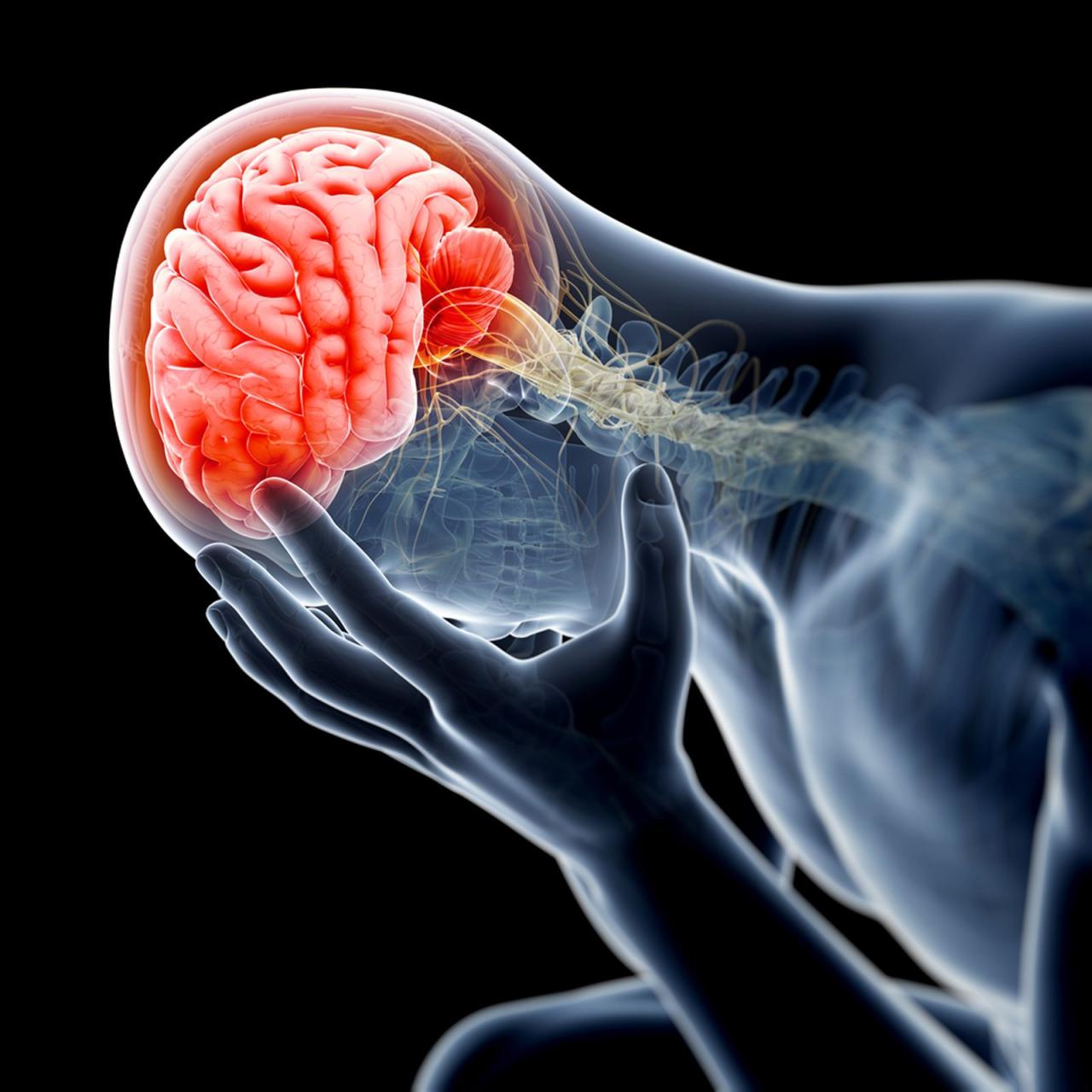
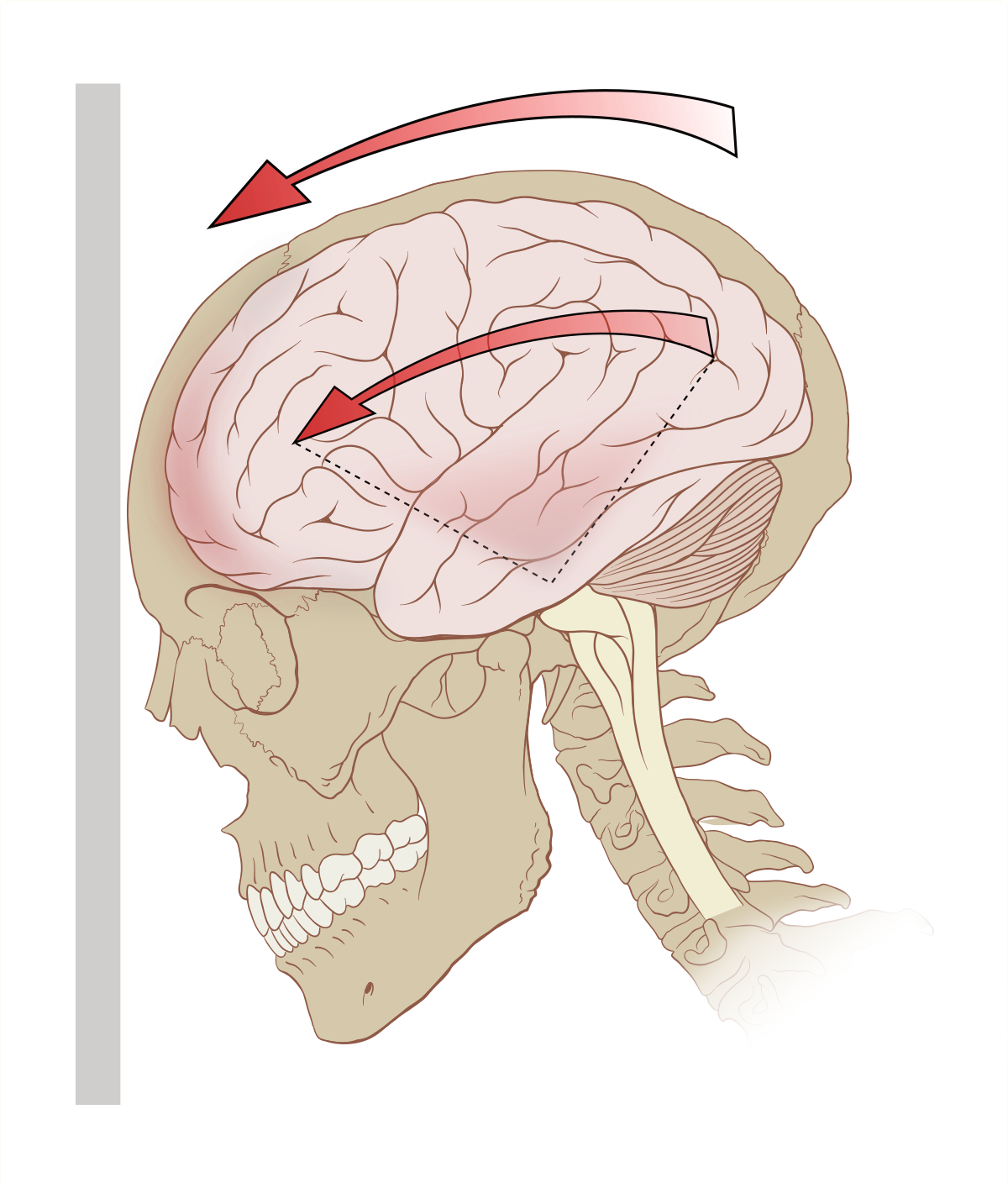
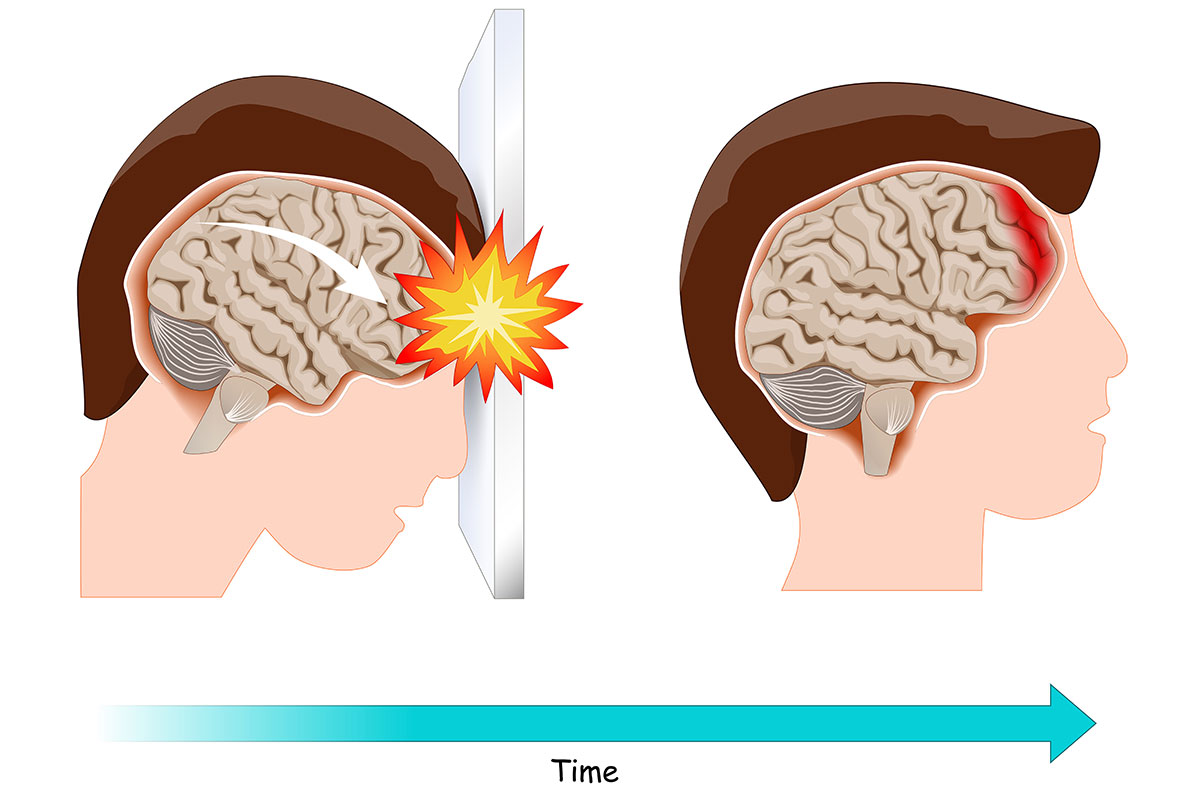

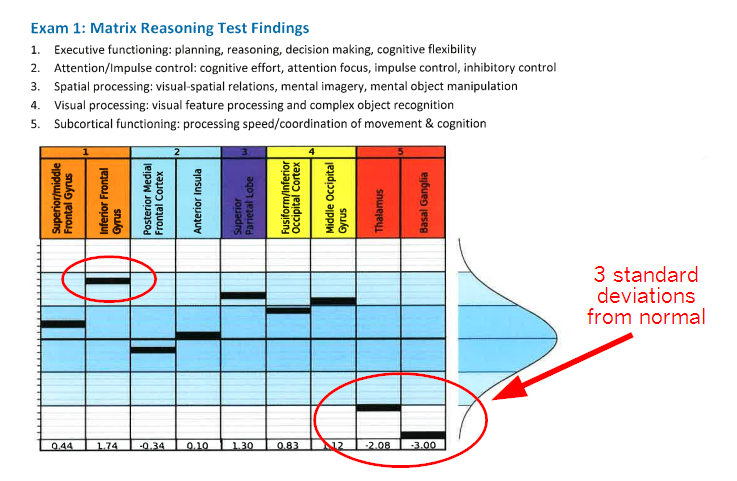
Categories: Update 98 Can A Head Injury Cause Bad Behavior
See more here: maucongbietthu.com

In some cases, neurological damage after a brain injury may cause emotional volatility (intense mood swings or extreme reactions to everyday situations.) Such overreactions can be sudden tears, angry outbursts, or laughter. It is important to understand that the person has lost some control over emotional responses.Brain injuries can have significant effects on behaviour, impacting impulse control and self awareness. These effects stem from damage to areas of the brain that regulate emotions and impulses and include anger, impulsive behaviour, self-centeredness, impaired awareness and even violence.After a brain injury, you might suffer from social anxiety, irritability, anger, depression, feelings of overwhelm, general anxiety, mood swings, or emotional lability (teariness). But make no mistake: While these symptoms can make it seem like you’re a different person now, your personality is intact.
Learn more about the topic Can a head injury cause bad behavior.
- Coping with Behavior Problems after Brain Injury
- Effects of Brain Injury – Synapse
- Personality Changes After a Brain Injury or Concussion
- Brain injury personality changes- acting like a child – Ernst Law Group
- Understanding Childlike Behavior After Stroke and How to Manage It
- Coping with Behavior Problems after Brain Injury
